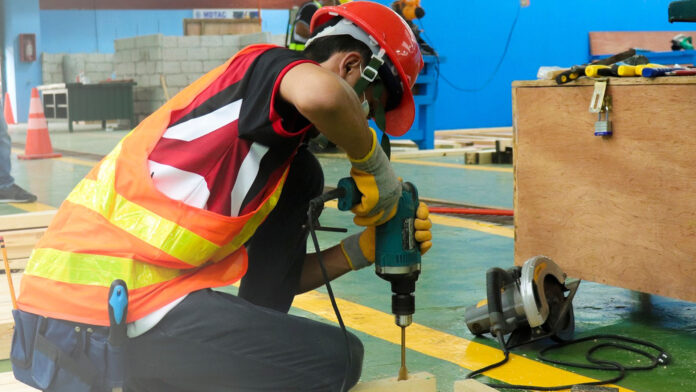The Department of Labor and Employment (DOLE) is boosting efforts to ensure that the Philippines has a pool of highly skilled and educated workforce as more foreign investors decide to do business in the country.
In a Bagong Pilipinas episode aired Saturday, Labor Secretary Bienvenido Laguesma bared that the DOLE is providing workers with opportunities to learn additional skills to resolve the country’s skills-job mismatch problem.
“Dapat magkaroon tayo ng epektibo na labor information system, ikukumpara natin ‘yan sa iba-ibang mga rehiyon kung nasaan ‘yung mga available nang sa gayon ay makatulong tayo din pag may mga naghahanap ng ideal na lugar kung saan sila mag-i-invest (We should have an effective labor information system, we will compare that with the different regions so that we can also help those who are looking for an ideal place to invest in),” Laguesma said.
He said upskilling of workers must be industry-led as well as demand and market-driven so they can find employment that suits their skills.
“Bukod diyan kailangan din nating palakasin ‘yung sistema ng ating digitalization ng mga available na mga jobs nang sa ganun mayroong pagkakataon na makapamili ‘yung ating mga manggagawa kung saan nila gustong magtrabaho, anong klase ng trabaho (Apart from that, we also need to strengthen our digitalization system of available jobs so that our workers have the opportunity to choose where they want to work, what type of work,” he added),” he added.
Aside from upskilling workers, Laguesma said jobs mismatched should be addressed as well.
This, he said, could be solved by conducting jobs fair with the department focusing on knowing the requirements of every industry to effectively address them.
Cheaper, stable energy supply
With the expected influx of foreign investors, the Department of Energy (DOE) is also improving access to cheap and stable energy supply that could sustain manufacturing industries that create jobs.
Energy Undersecretary Felix William Fuentebella said the DOE is sticking to its target of a 35 percent share of renewable energy (RE) in the power generation mix by 2030 and a 50 percent share by 2040.
He described the shift to renewable energy as timely due to high fuel prices that burden power-generating plants.
Fuentebella likewise expressed optimism that the country’s offshore potential is “so ideal” and can sustain its future energy demand.
Currently, he said that part of the government’s initiative to lower electricity prices is the diversification of energy sourcing.
He said the government is also educating the public on energy efficiency and conservation. (PNA)
Photo credit: Facebook/TESDAOfficial


